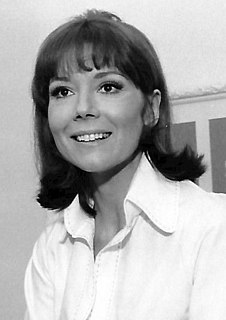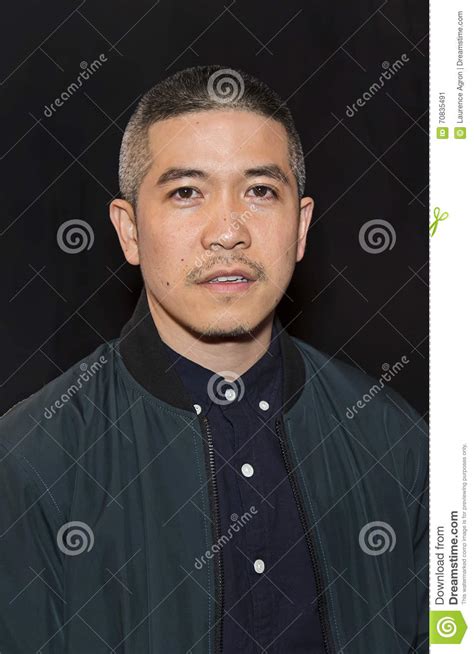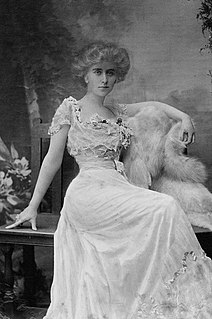A Quote by Shabana Azmi
'Aurat' is an iconic poem which is relevant 70 years later and informs me in the work I do with women.
Related Quotes
When you look at how men and women are living together, there are two processes at work. One, women are rising in the middle class; their earning potential is rising compared to men. It has been underway for 100 years, and nothing is going to stop it. On the other hand, women are denied iconic positions of power - equity partnerships law firms, Hollywood salaries.
I never think of my audience when I write a poem. I try to write out of whatever is haunting me; in order for a poem to feel authentic, I have to feel I'm treading on very dangerous ground, which can mean that the resulting revelations may prove hurtful to other people. The time for thinking about that kind of guilt or any collective sense of responsibility, however, occurs much later in the creative process, after the poem is finished.
Lucky accidents seldom happen to writers who don't work. You will find that you may rewrite and rewrite a poem and it never seems quite right. Then a much better poem may come rather fast and you wonder why you bothered with all that work on the earlier poem. Actually, the hard work you do on one poem is put in on all poems. The hard work on the first poem is responsible for the sudden ease of the second. If you just sit around waiting for the easy ones, nothing will come. Get to work.
I've always been intrigued with the male characters in novels like 'Pride and Prejudice' such as Mr. Darcy, and this poem is part of a series of poems that explore desire and obsessions. The poems have been sitting in a drawer for a few years, so I decided to dust them off and work on them again since I have not written a new poem in more than three years. I'm not sure anything will become of the series, but at least it gives me something to work on in a period where I feel very uncreative.
At first, when an idea, a poem, or the desire to write takes hold of you, work is a pleasure, a delight, and your enthusiasm knows no bounds. But later on you work with difficulty, doggedly, desperately. For once you have committed yourself to a particular work, inspiration changes its form and becomes an obsession, like a love-affair… which haunts you night and day! Once at grips with a work, we must master it completely before we can recover our idleness.
The No. 1 quote critics give me is, 'Thom, your work is irrelevant.' Now, that's a fascinating, fascinating comment. Yes, irrelevant to the little subculture, this microculture, of modern art. But here's the point: My art is relevant because it's relevant to 10 million people. That makes me the most relevant artist in this culture.




































